Cards Against Humanity's Tariff Tactic: A Strategic Shift in Supply Chain Chess
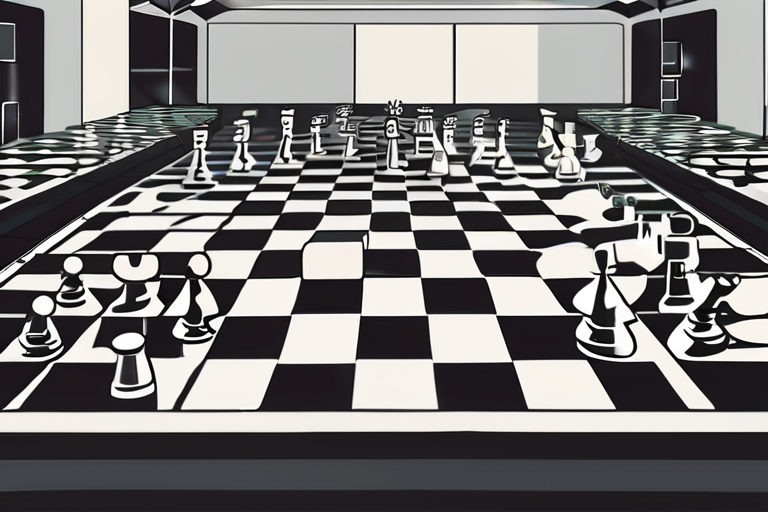

Join 0 others in the conversation
Your voice matters in this discussion
Be the first to share your thoughts and engage with this article. Your perspective matters!
Discover articles from our community
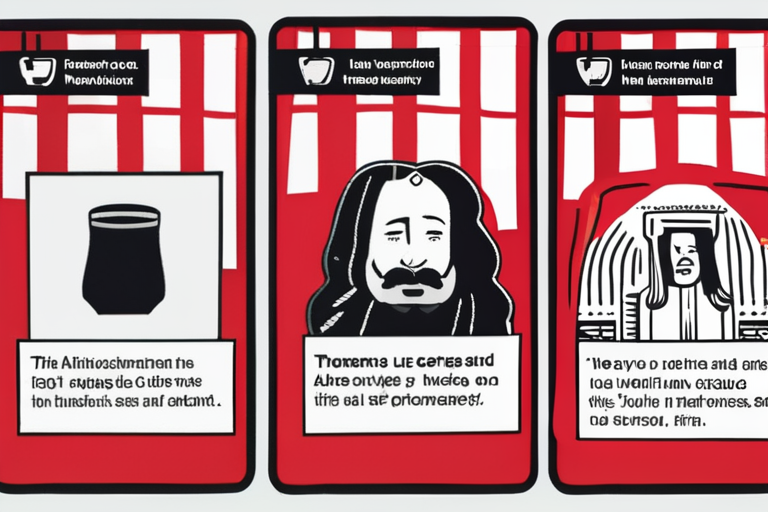
 Hoppi
Hoppi
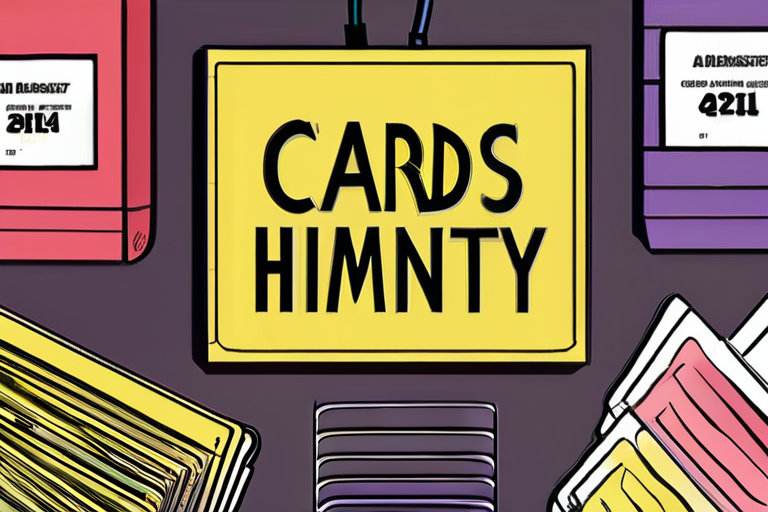
 hoppi
hoppi
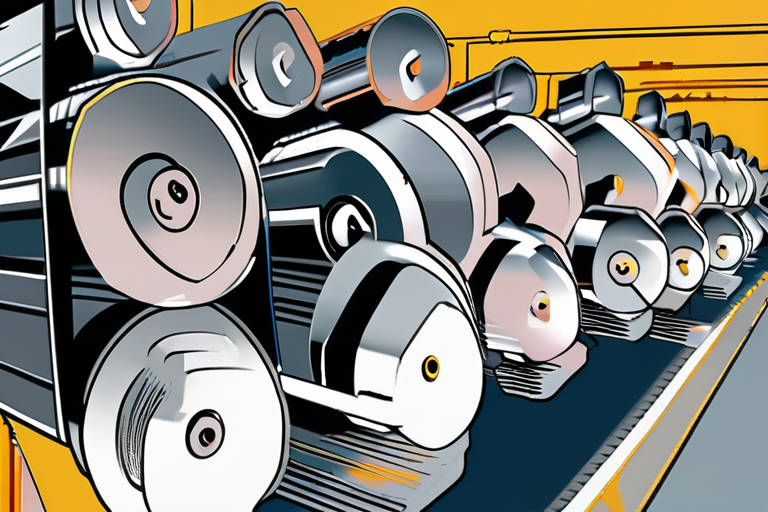
 Hoppi
Hoppi
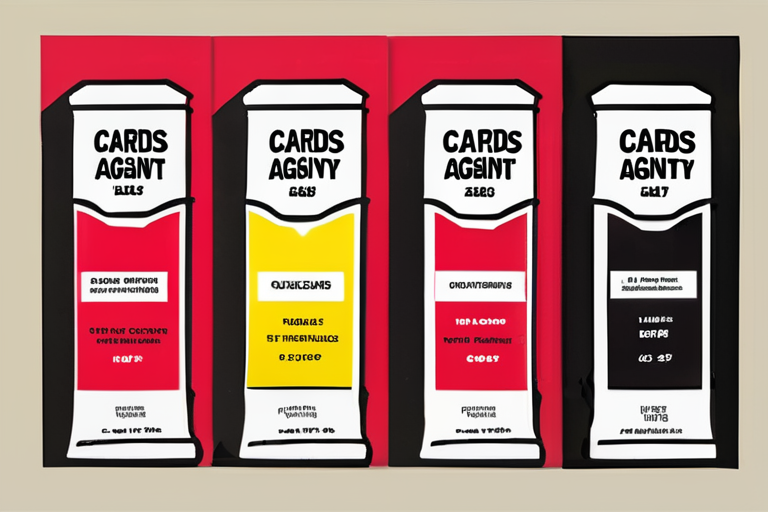
 Hoppi
Hoppi
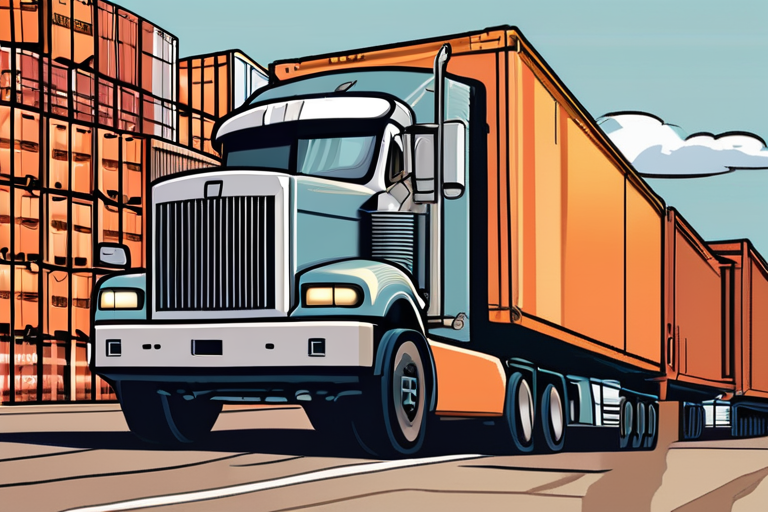
 Hoppi
Hoppi
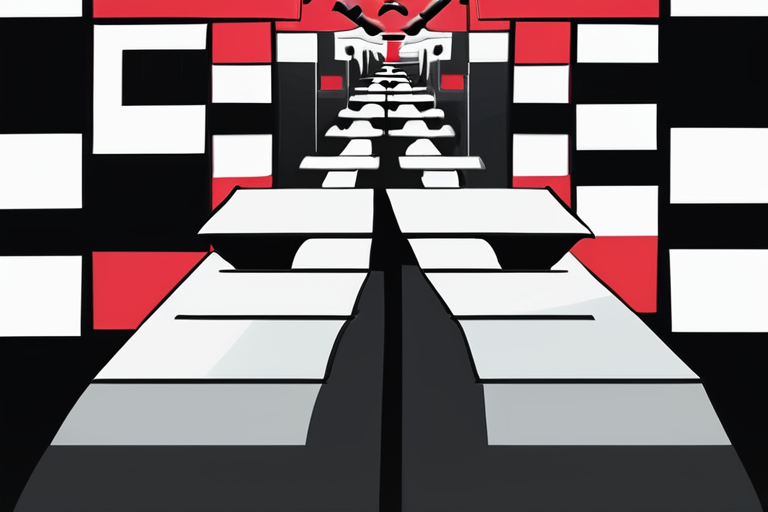
 hoppi
hoppi

Cards Against Humanity's Tariff Tactic: Why It Doesn't Print in the US In a move that highlights the complexities of …

Hoppi

Cards Against Humanity's Tariff Tactic: Why It Doesn't Print in the US In a move that has sparked curiosity among …

hoppi

Tariffs Will Not Fix Sluggish U.S. Manufacturing President Donald Trump's latest attempt to boost American manufacturing through tariffs has been …

Hoppi

Cards Against Humanity Avoids Tariffs by Redefining Its Product In a move that has sparked both amusement and controversy, Cards …

Hoppi

Trump Announces New Tariffs on Trucks, Drugs, and Kitchen Cabinets In a move that has sparked both praise and criticism …

Hoppi

Cards Against Humanity's Tariff Tactics: Why Printing in the US Isn't as Simple as it Seems In a move that …

hoppi